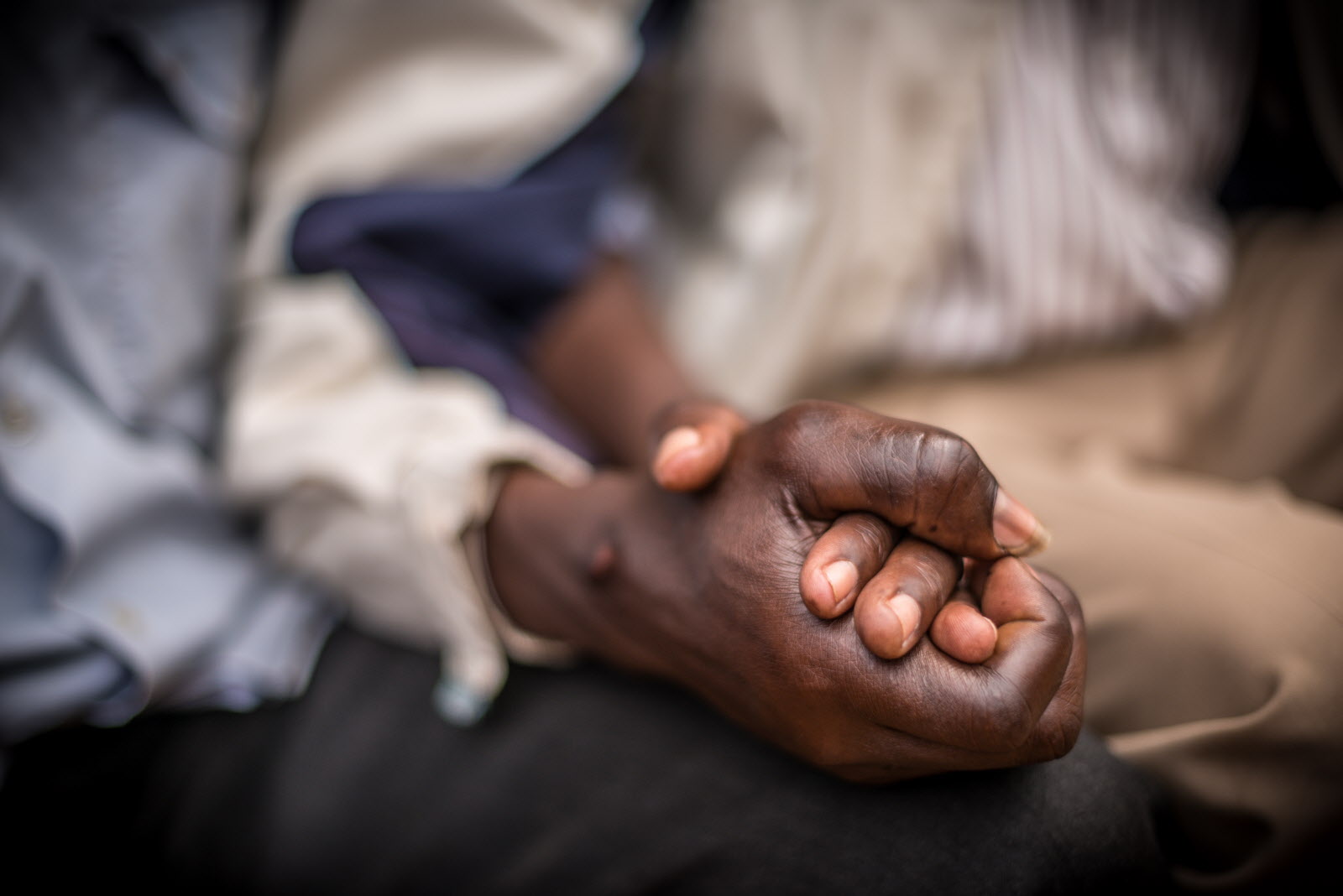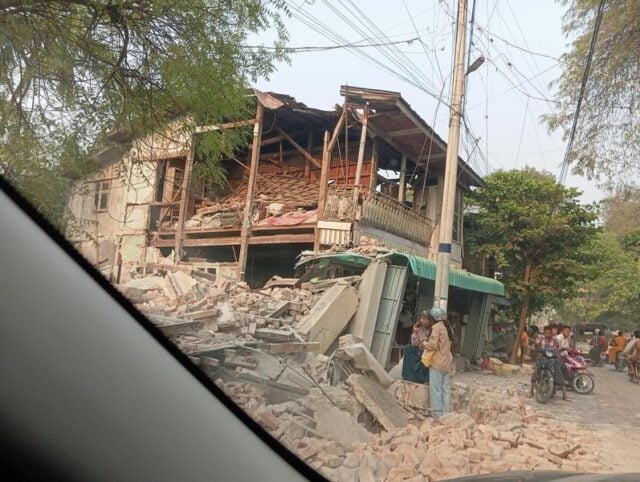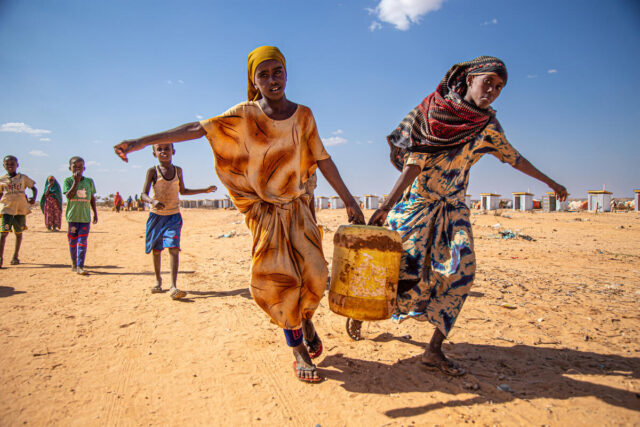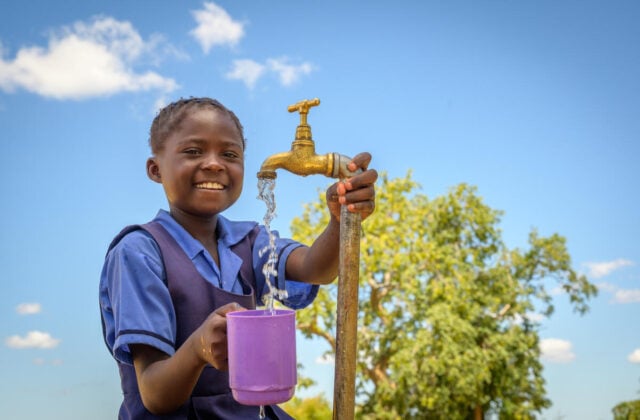Memories are impossible to erase, but healing can happen. Restored relationships are possible even in the worst of situations. But reconciliation doesn’t happen overnight. It takes time and hard work to overcome tragedies, violence, and deep-set, polarized points of view.
All this is from God, who reconciled us to himself through Christ and gave us the ministry of reconciliation: that God was reconciling the world to himself in Christ, not counting people’s sins against them. And he has committed to us the message of reconciliation.—2 Corinthians 5:18-19
Here are some inspiring stories of reconciliation to give you hope.
Rwanda: 20+ years after genocide
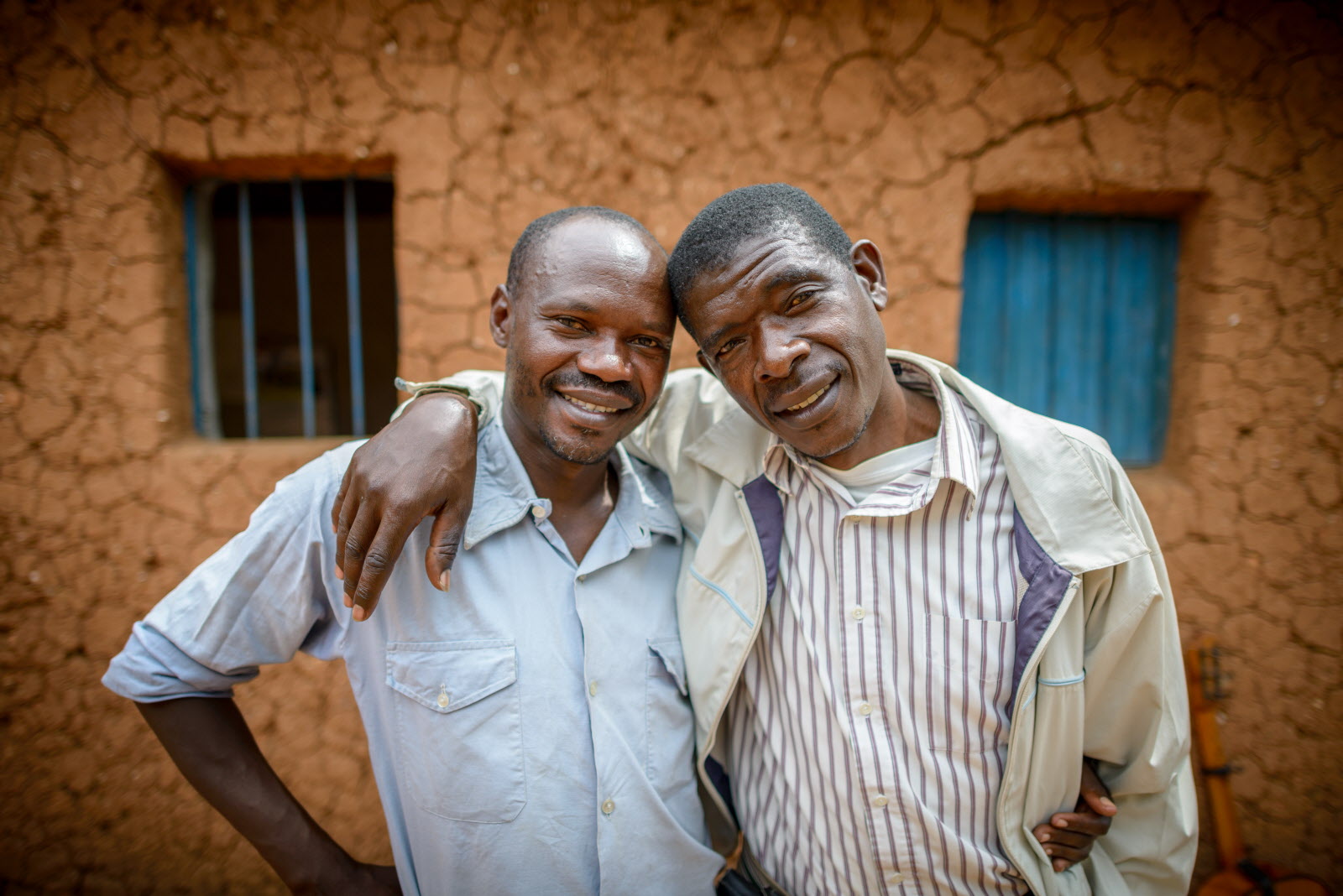
In April 1994, when Rwanda erupted into violence, neighbor turned on neighbor, family turned on family, and love turned to hate. The genocide turned friends, like Andrew and Callixte, into enemies. Rwanda was as ruined as any spot on earth — 800,000 people were brutally slaughtered in 100 days. How could the country ever overcome such hatred and horror? It would take a miracle.
World Vision began relief and development work in war-ravaged Rwanda in 1994. In 1996, when thousands of families began to return to their villages in Rwanda, World Vision started a reconciliation and peacebuilding department. Hostility slowly yielded to faith and forgiveness, restoring communities and relationships like that of Andrew and Callixte. Though they are now friends again, Andrew and Callixte endured a long road to healing.
“The process of forgiveness involves expressing how you feel and saying, ‘Now I want peace in my heart; please forgive me.’ I don’t want to keep connected to the bad memories of when you did evil to me. I don’t want to be a prisoner of my pain,” says World Vision’s Josephine Munyeli, who has worked in Rwanda’s peace and reconciliation programs for two decades. “When the memories come, I don’t want to be devastated by them. I want to be able to sleep.”
World Vision developed a reconciliation model that endures today: a two-week program of sharing intensely personal memories of the genocide, learning new tools to manage deeply painful emotions, and embarking on a path to forgiveness. The approach has been replicated all over the country and embraced by the government. Read more
Peru: Decades after Shining Path violence
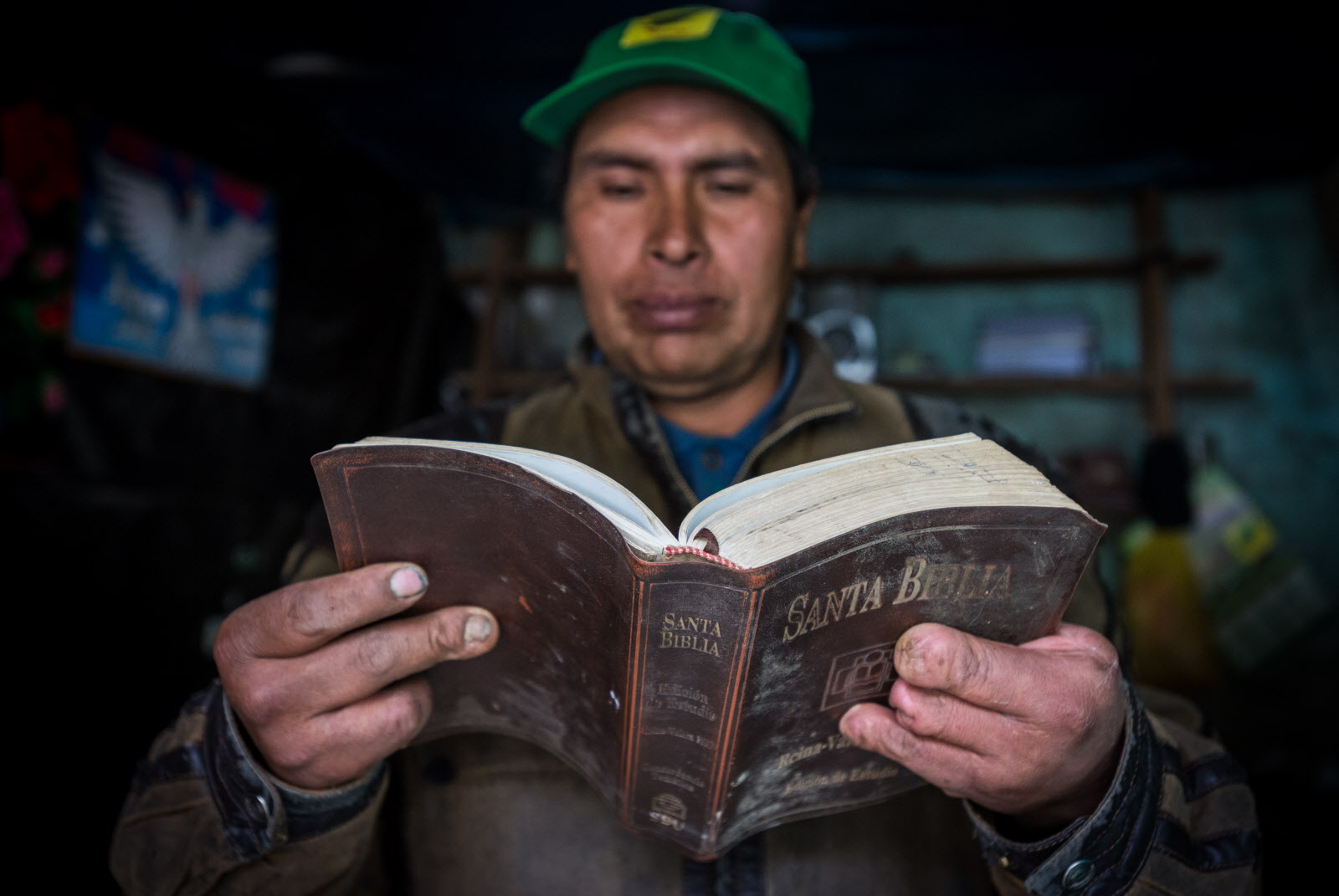
Violence, economic crisis, despotism, population displacement — what happened in Peru in the 1980s isn’t unique. It’s happening now around the globe, in the fragile places where World Vision works such as Syria, South Sudan, and Iraq.
A lifetime ago for kids in Peru, their parents and grandparents ran for their lives, chased from rural villages by a brutal Maoist group known as Sendero Luminoso, Shining Path, that used violence and intimidation in their campaign to overturn the government. They also fled from menacing military soldiers intent on crushing terrorism at any cost. The conflict, raging through the 1980s and 1990s, killed nearly 70,000 — 75% of whom were indigenous people.
In May 1991, two World Vision executives, Norm Tattersall and Jose Chuquín, were killed in a machine-gun attack. Shortly after, four Peruvian staff went missing and were never found. Organization leaders feared further loss of life and closed the Peru office.
Following the capture of Shining Path leader Abimael Guzmán, which turned the tide of the violence, World Vision restarted programs in 1994. In 1996, World Vision helped uprooted families who had settled in the city to organize themselves into what is now a powerful local entity, the Association of Displaced Families in the Province of Huanta. Then World Vision and child sponsorship helped communities reconcile what happened and bring them back from the brink in post-Shining Path Peru. Read more
Lopez Lomong: No longer a ‘lost boy’ of South Sudan
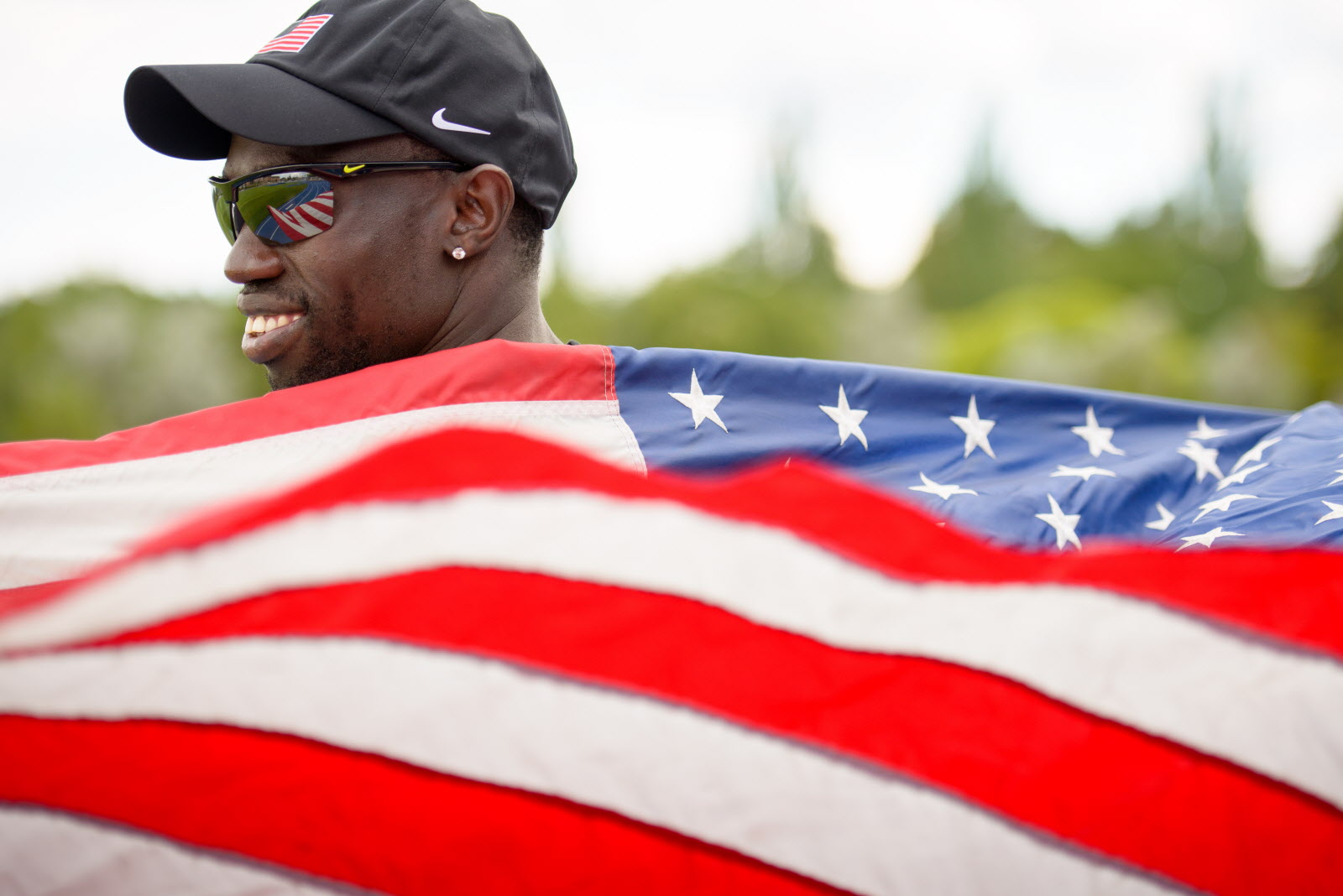
At the age of 6, Lopez Lomong was kidnapped with other children from his South Sudanese village church to serve as a child soldier. He was fortunate enough to escape and then spent the next decade as an undocumented orphan in a Kenyan refugee camp. Now he has a loving American family, he’s reconnected with and currently supports his African family, and he’s a college graduate.
“It feels like I am a million miles away from where I might have been, had God not interrupted my life from the course it was taking,” says Lopez. “I’ve gone from being a ‘Lost Boy’ of Sudan to a proud U.S. citizen who is loved and cared for by so many people in this country — no longer ‘lost!’”
The 9/11 terrorist attacks were a powerful point of reconciliation for Lopez, who had been in the U.S. only a short time when they occurred. As his new home was under attack, Lopez had to reconcile the haunting memories of wars and violence in Sudan with the expectations of a new life and safety in America.
“I realized the American people love their country and more importantly, are extremely proud of it. I had never been proud to live in Sudan,” Lopez says. “I never knew it was possible to be proud of a country.”
“I would not become a citizen of the United States until 2007 — which was the earliest I could — but after September 11, I was an American. The terrorist attacks had bonded the country together and made me a part of it as well. This new place was now my home, a home I loved and was proud of, a home I hoped to represent someday — and make my home proud of me as well.” Read more
Selvin reconciles with family tragedies
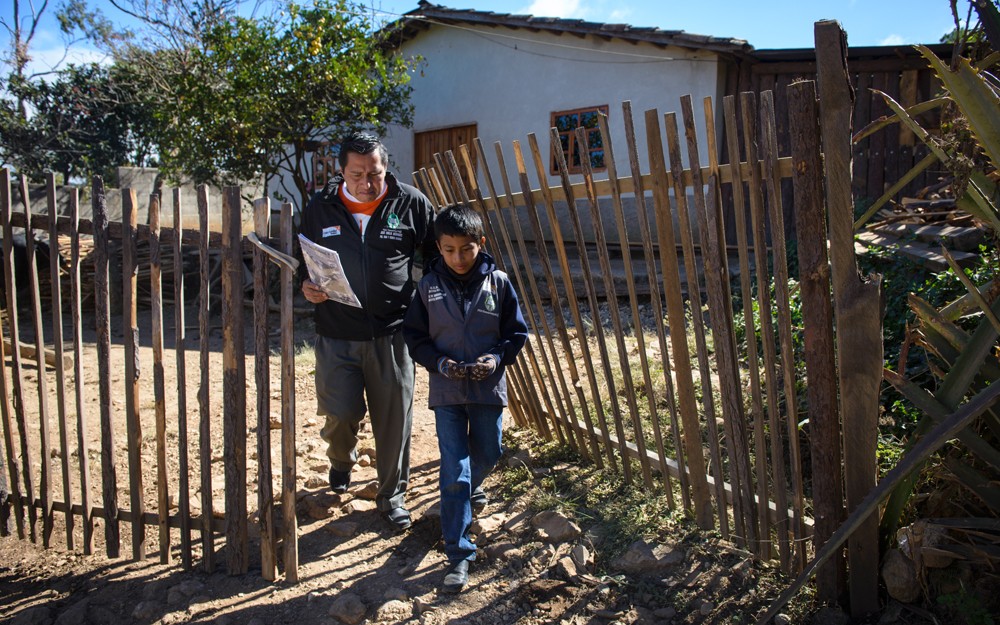
In his dozen years, Selvin has experienced more than his share of tragedy. He never knew his father, who went to work in another country when Selvin’s mother, Glenda, was pregnant with him. After he was born, Glenda worked long hours to make ends meet, and at times the young boy did not see his mother for days.
The bright spot in his life was his grandfather, whom he called Papi. But when Selvin turned 6, the diagnosis came: Papi had Alzheimer’s disease. He despaired as he watched Papi decline to the point where he no longer recognized Selvin. It was a moment of great sorrow for him when Papi passed away.
On top of this grief, Selvin’s great-grandmother passed away. When the news reached Selvin’s father, he flew into Honduras’ capital city and started the three-hour drive home. But Selvin’s father never made it — his car crashed and fell into a ravine. He died there, never seeing his son.
Subtract Selvin’s tragedies, and Yamaranguila, Honduras, still isn’t an easy place to grow up. But purpose gives him hope.
World Vision introduced child sponsorship here in the mid-1990s. World Vision also started the Children’s Basic Sanitation Committee. Little did Selvin know that this committee would transform his confidence — and his future. Frustrated as his grandfather’s health continued to deteriorate, Selvin decided to become a doctor.
He has worked hard in school, and his stellar grades paid off in a way he never imagined: Selvin’s teacher recommended him to World Vision’s local youth training programs. So he helps World Vision’s staff go door to door to monitor the community’s health practices. World Vision’s spiritual nurture also helped alleviate Selvin’s grief over the loss of his loved ones.
“I got very near God,” he says. “I thought, ‘I know they are with God and they are going to be okay.’ And when the day comes that I am together with them, we are all going to be a family.”
Even though he has lost many people in his life, Selvin has found others willing to support and propel him onward to become the best person he can be. Read more
The gift of a buffalo restored this family
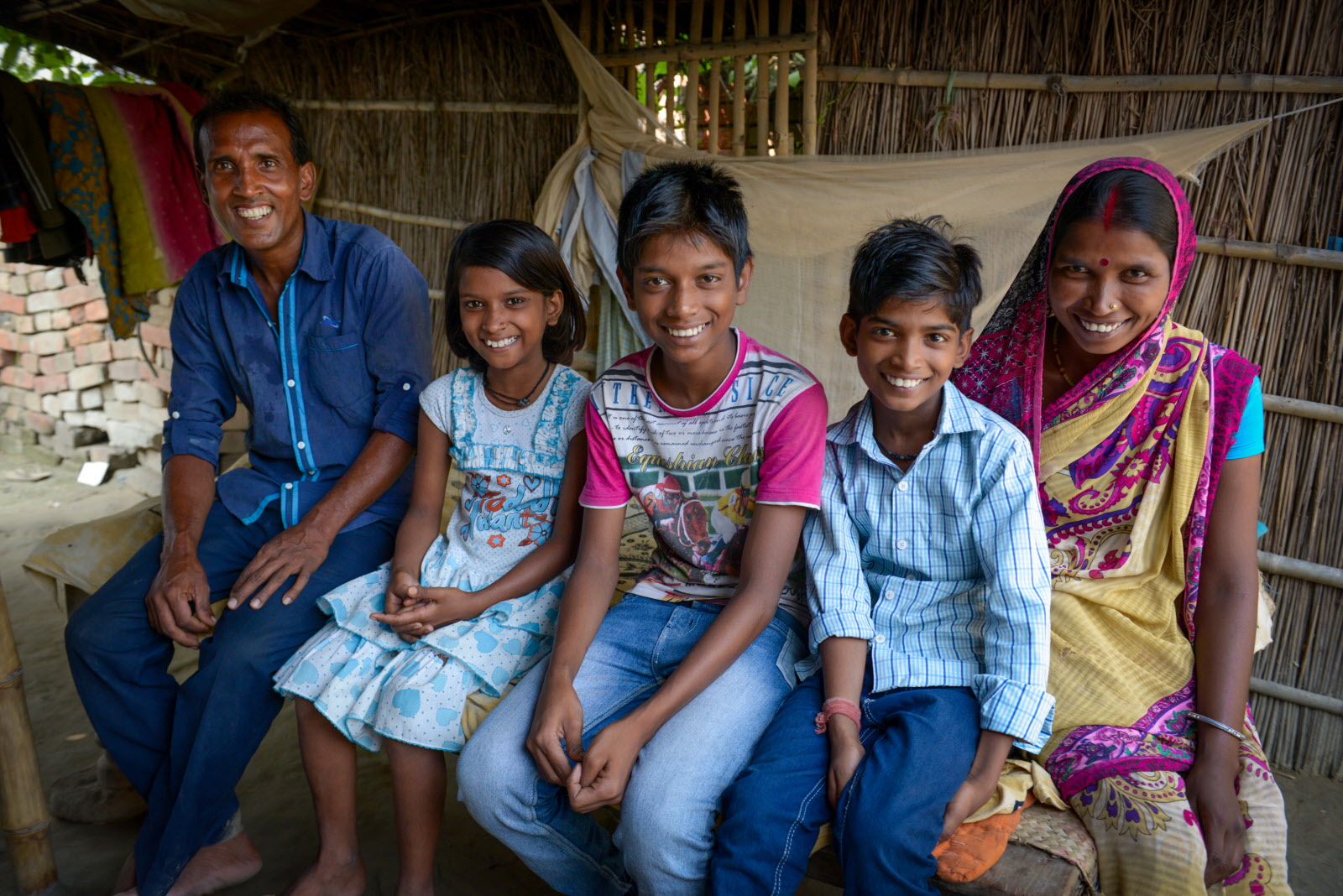
Thirty-two-year-old Renu got married at the age of 14. After the sudden disappearance of her husband, Renu found herself in a hopeless situation — raising their three children alone and picking up scattered pieces of her broken family.
Embarking on the difficult journey of single parenthood, she resorted to extending her arms to anyone willing to loan her money to keep her children alive. Bit by bit, it stripped Renu of her dignity and pride.
“I lived in fear,” she says. “Where would I go with my kids? How would I raise them alone?”
Then Renu received one of 600 buffaloes distributed in her community as part of World Vision’s economic empowerment program.
“The World Vision staff heard my story of struggle when no one paid attention,” Renu says. “They gave me Chuja (buffalo) so that I could take care of my children’s well-being.”
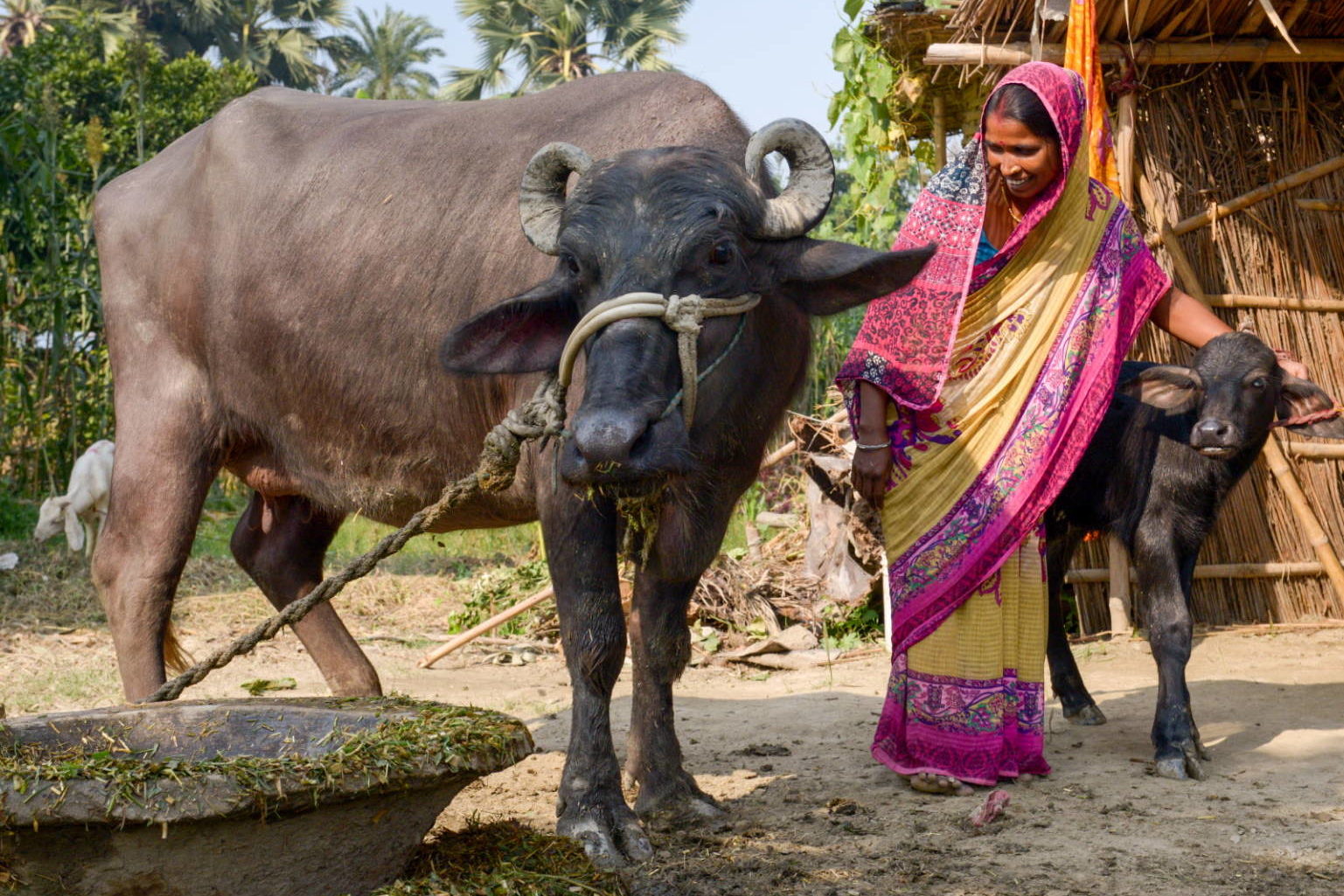
At first, Renu gave the milk to her children because they had been deprived of nutritious food. Then she started to sell the milk to buy vegetables, oil, and spices from the market. Next she bought new clothes for her children. And World Vision provided corrugated galvanized iron sheets to replace their hay roof.
“Joy had returned in our house,” says Renu.
Soon after, she started to wish for her husband’s return. She vividly remembers the day he called her after years of absence. At first she says she felt relieved he was still alive, then angry. But she says she knew she wanted her husband to come home.
“I felt I had let down my family, and I feared they wouldn’t accept me back,” 36-year-old Devinder says. He explains that he got the courage to call her when he heard how well his wife was taking care of their kids with the income from selling Chuja’s milk. “Her confidence gave me hope that nothing was impossible.”
“Chuja Muna brought him back,” Renu says. “She is our treasure. She glued all the scattered pieces of our family back together. All broken relationships — that of a father and his children, a husband and wife, a mother and her children — were restored again. Chuja is part of our family.”
A father realizes it’s never too late to change
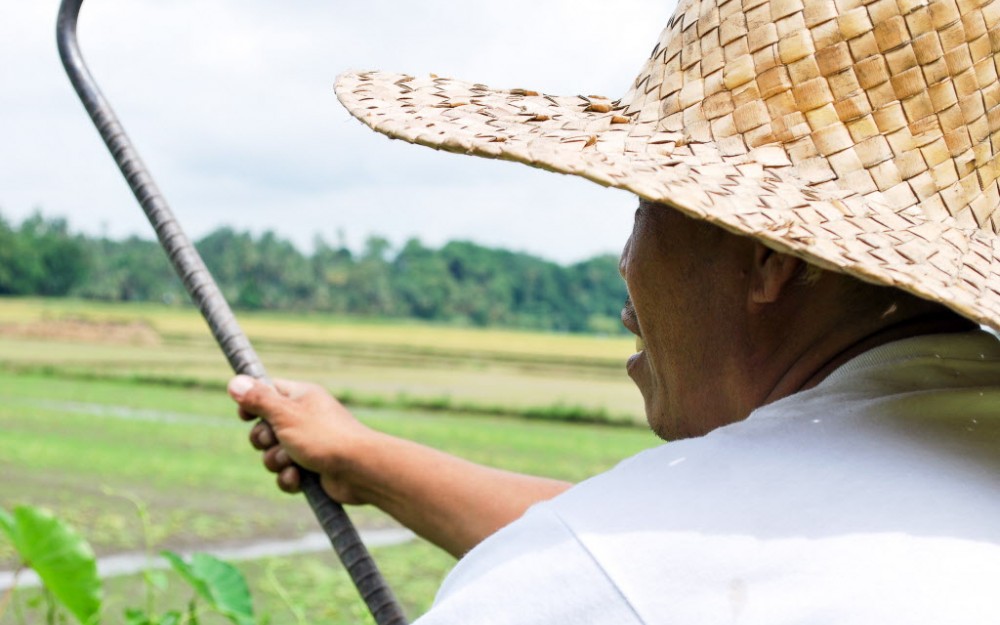
Ahmad* wasn’t always a Muslim peace advocate. The 42-year-old was once a rebel soldier who left his family to join the war in Mindanao, an island in the Philippines. When he returned home after two years, his family faced verbal and physical abuse.
“I tried to live a normal life, but it was a struggle,” Ahmad says. “Sad to say, I was not a good husband and father. Whenever my kids committed mistakes, I beat them without any second thoughts. My wife had experienced physical and verbal abuse too whenever we had a misunderstanding. I witnessed Maria* and my kids dread me with fear.”
But when he became part of World Vision’s peacebuilding and interfaith programs, he became passionate about peace, both in his family and community, and mobilizing the tri-people — Christian, Muslim, and indigenous.
“From then on, I learned to understand and appreciate the beauty of peace,” Ahmad says. “I was never hesitant to share my learning with my fellow Muslim brothers and sisters and even to other religious groups of our community. I exerted a lot of effort in deepening harmonious relationships.”
“The most important thing that I’m thankful for as a father and a husband is I learned to restore broken family relationships. I don’t hurt my wife and my kids anymore. Whenever my kids make some mistakes, I just talk to them nicely.”
*name changed to protect privacy
Kari Costanza, Jane Sutton-Redner, Laura Reinhardt, Annila Harris, and Crislyn Felisilda contributed to this article.
